
Back to selection
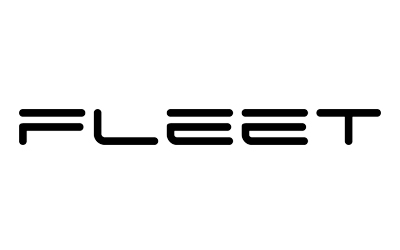
Supplier
Fleet Space
Fleet Space Technologies Pty. Ltd.
8a Myer Court
Beverley, SA 5009
Australia
Fleet Space is an agile space company connecting the Internet of Things (IoT) around the world using a massive fleet of small LEO satellites. The company is based in Adelaide, Australia and is using cutting-edge communications and space technologies creating low-cost satellite-based systems for Industrial Internet of Things applications.
Based on estimates analyzed by International Data Corporation (IDC), a premier global provider of market intelligence and advisory services, connected IoT in industrial applications is a huge potential market and could be made up of more than 14 billion low-power devices by 2025.
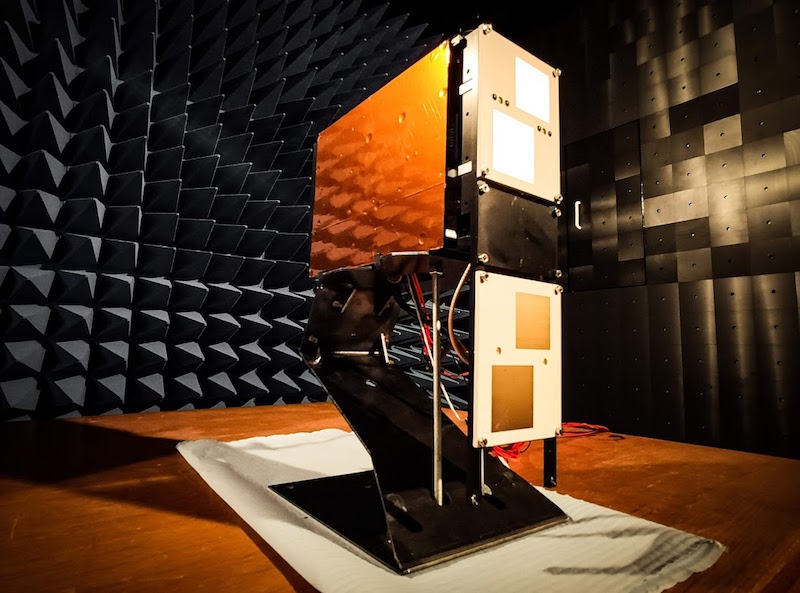
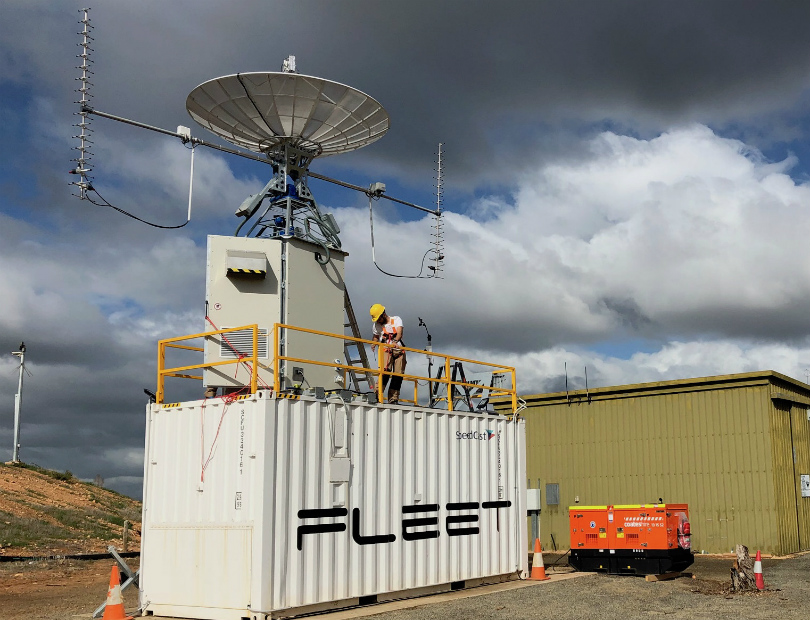

In November 2018 Fleet Space made history by launching Australia’s first four commercial Nano-satellites over the course of three weeks. On November 11th Proxima-1 & -2 CubeSats were launched on an Electron launcher operated by launch operator Rocket Lab from their Launch Complex 1 site in New Zealand.
Company History
Fleet Space technologies was founded in 2015 in Adelaide in Australia by aerospace engineers Flavia Tata Nardini and Matthew Tetlow and serial entrepreneur Matthew Pearson. Nardini has had 3 past jobs including Consultant CubeSat Development at University of Adelaide. Tetlow held positions at the Space Systems Institute and Tigerfish Aviation, an aerospace research and development company in south Australia. Fleet is headquartered in Adelaide, South Australia and has offices in California, USA and the Netherlands (Delft) in Europe.
On November 29th 2018, Centauri-1 CubeSat was launched into Low Earth Orbit on a PSLV launch vehicle operated by launch operator ISRO from India. The Centauri-1 satellite will provide coverage over 90% of Earth and connect 75 billion sensors and devices at no costs. Centauri-2 was orbited on December 2nd on a Falcon 9 launcher for the Spaceflight SSO-A SmallSat Express Mission executed by launch operator SpaceX.
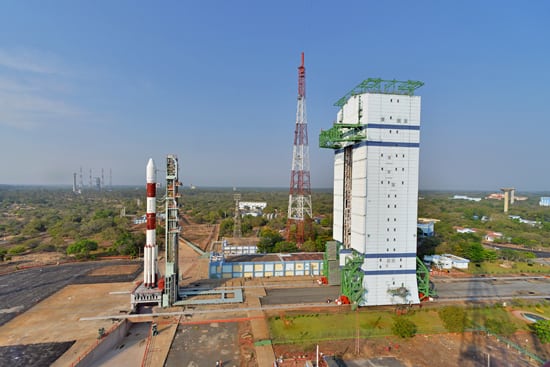
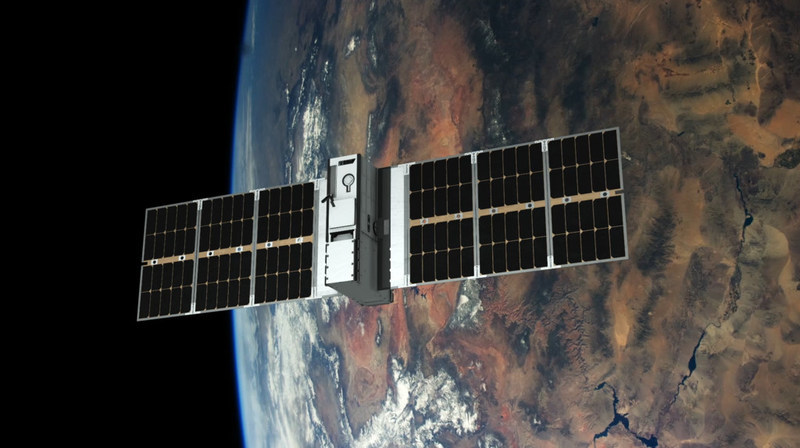
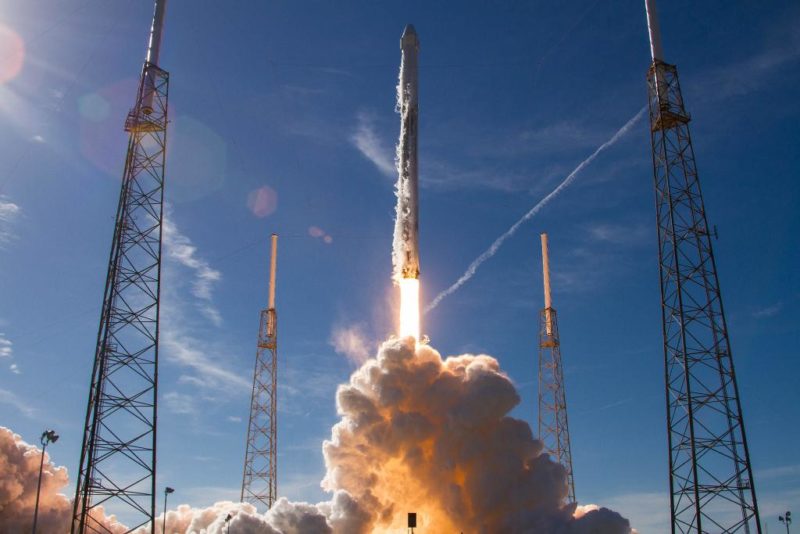
Fleet Space is continuing its work on the Centauri Program, having launched its 5th and 6th satellites in 2021 and the next batch of satellites in 2022. The nano-satellites of Fleet Space are made to last for three years, and once the 140 are in orbit it is estimated that 50 satellites will need to be replaced every year as their Low Earth Orbits decay and they burn up in the atmosphere.
In September 2019 Fleet Space Technologies raised 7.35 million USD round of funding to help launch its next generation of nano-satellites, to deliver Internet of Things (IoT) connectivity to customers globally.
On March 23rd 2021 Fleet Space Technologies successfully launched their fifth commercial nano-satellite, Centauri-3. The 10kg 6U CubeSat satellite was launched on an Electron launch vehicle operated by Rocket Lab from New Zealand’s Launch Complex 1 at Mahia Peninsula. The satellite is designed for use in the energy, utilities and resource industries. Centauri-3 will also test new hardware and space systems developed by Fleet Space.
In November 2021 the company raised 26 million USD to boost its nano-satellite network, further connecting the growing web of internet-of-things (IoT) devices in heavy industries, and adding 70 new highly skilled jobs to South Australia’s emerging space hub. The fresh funding round was led by Artesian Venture Partners, Blackbird Ventures, Grok, and Horizons Ventures with new investors including Alumni Ventures, Hostplus, the South Australian Venture Capital Fund (SAVC) and In-Q-Tel.
In December 2021 Fleet Space announced the establishment of its new Hyper Factory at the Australian Space Park in Adelaide. This purpose-built facility will co-locate four space manufacturing companies with a focus on collaboration in the heart of Australia’s ‘Space State’. This will accelerate the expansion of Fleet Space’s in-house research and development arm to build a Hyper Factory, where it will create the Alpha small satellite, the world’s first entirely 3D printed SmallSat device.
On May 24th, 2023 Fleet Space Technologies completed a successful Series C funding round, raising a further 50 million Australian dollars (over 33 million USD). The new funding was led by Australasian venture capital firm and existing investor Blackbird. Investors Grok Ventures, Alumni Ventures and Hostplus did also participate in the round, as well as new investors including TelstraSuper and strategic investments from Bondi Partners/The 1941 Fund and Pavilion Capital.
The funding round comes as a result of Fleet Space commercializing its ExoSphere satellite-based mineral exploration technology worldwide. ExoSphere is currently in operation with more than 30 clients globally, including Rio Tinto, Barrick Gold Corporation, Core Lithium and Gold Fields with well over 100 surveys for mineral exploration projects either completed or in progress. Many of these minerals play a pivotal role in the energy transition necessary to achieve global net-zero targets.
In December 2024 the company closed a Series D funding round worth 150 million Australian dollars (95 million USD) to grow the capabilities of its ExpoSphere platform, which combines satellite connectivity, 3D Multiphysics, and AI to discover critical minerals. The platform has contributed to more than 40 mineral exploration companies including Rio Tinto, Barrick Gold, and Power Nickel.
All trademarks, logos and images mentioned and showed on this page are property of their respective owners.
Resources
www.fleetspace.com
www.crunchbase.com
www.space.skyrocket.de
www.startupgalaxy.com.au
www.theleadsouthaustralia.com.au
www.rocketlabusa.com
www.spacex.com
www.robovalley.com
www.sasic.sa.gov.au
www.pumpkinspace.com
www.isro.gov.in
www.techcrunch.com edition September 4th, 2019
www.afr.com edition November 17th 2021
www.idc.com
www.satellitetoday.com edition May 24th, 2023
www.satellitetoday.com edition December 12th, 2024

Supplier
Fleet Space
Fleet Space Technologies Pty. Ltd.
8a Myer Court
Beverley, SA 5009
Australia
Smallsats launched by Fleet Space
| Smallsat | Country | |||
| Centauri-4 (Tyvak-0211)LEO | Transporter-2 | Fleet Space |  | Earth Observation |
| Centauri-3 | ‘They-Go-Up-So-Fast’ | Fleet Space |  | Earth Observation |
| Proxima II | ‘It’s-Business-Time’ | Fleet Space |  | Earth Observation |
| Proxima I | ‘It’s-Business-Time’ | Fleet Space |  | Earth Observation |
| Centauri-5 | Transporter-5 | Fleet Space |  | loT |
| Centauri-1 | Spaceflight Industries SSO-A | Fleet Space |  | Earth Observation |
| Centauri-2 | PSLV-C43 / HysIS | Fleet Space |  | Earth Observation |
| Centauri-6 | Bandwagon-1 | Fleet Space |  | loT |
| Centauri-8 | Transporter-12 | Fleet Space |  | loT |
| Centauri-7 | Transporter-12 | Fleet Space |  | loT |